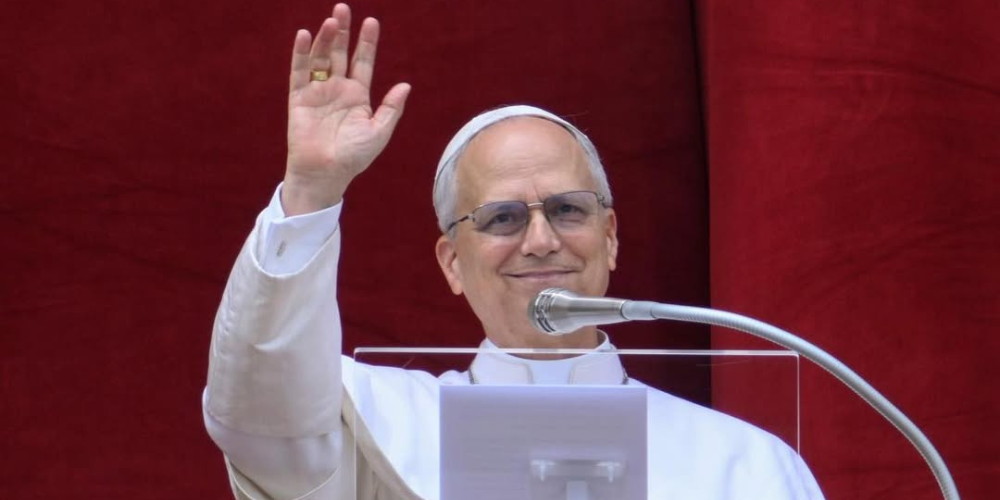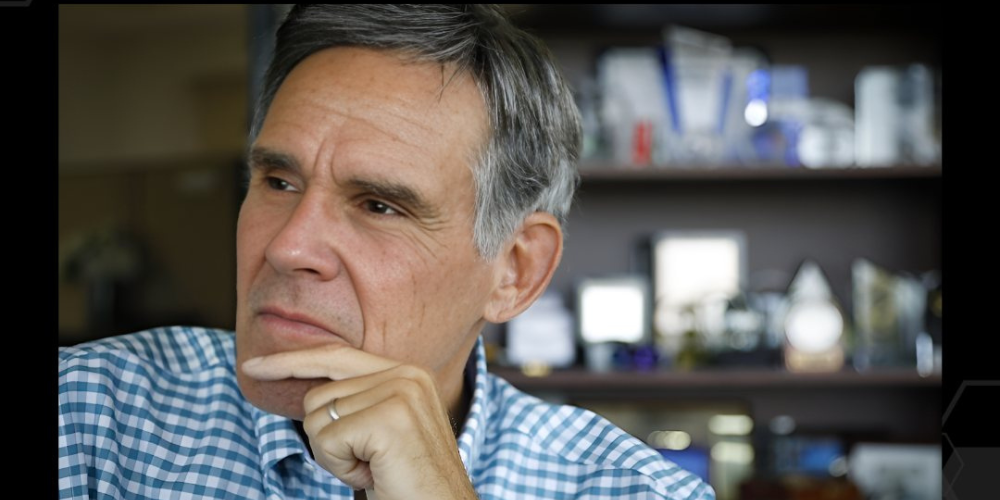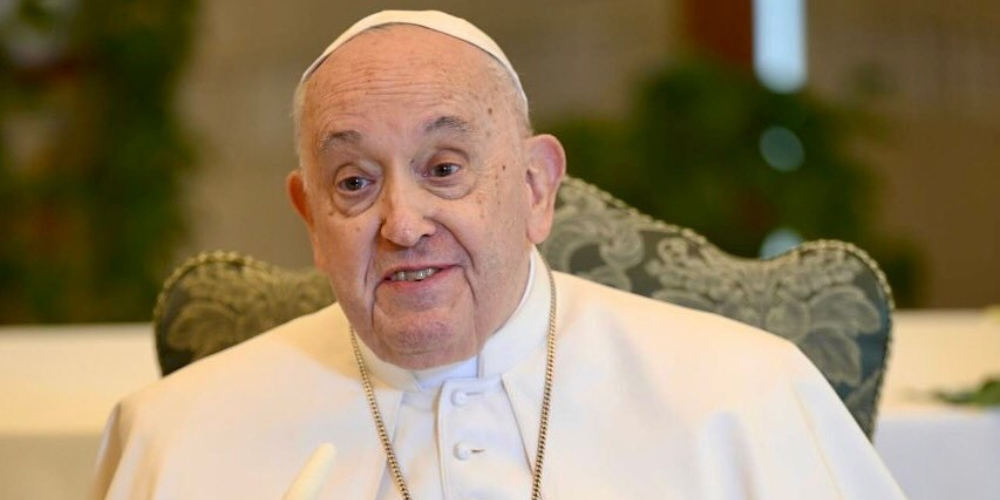When Pope Leo XIV stepped up for his first formal address to the Vatican's diplomatic corps, it wasn't a moment for pleasantries or vague gestures. It was a line in the sand. His words didn’t meander into vague aspirations of unity or global healing—they spelled out, point by point, what kind of papacy this will be: doctrinally anchored, morally assertive, and allergic to political ambiguity.
This wasn’t about picking up where Pope Francis left off. It was about repositioning the Church on firmer ground, especially when it comes to the most contested cultural terrain: family, life, and the moral architecture of peace.
The Family Isn’t a Footnote
Pope Leo didn’t wait long to wade into the foundational debate of our time: what counts as family. For him, the answer remains “the stable union between a man and a woman,” a definition that carries theological weight but also clear geopolitical consequences. That line alone was a message to dozens of ambassadors in the room whose nations have moved in starkly different legal and social directions.
He wasn’t simply pointing to theology but connecting family structure to global stability. That’s not a rhetorical flourish; it’s a worldview. In Leo’s framework, fractured families don’t just lead to spiritual drift—they destabilize economies, erode civic trust, and, ultimately, feed conflict. You don't have to agree with that chain of causality to recognize it as an argument with depth and consequences.
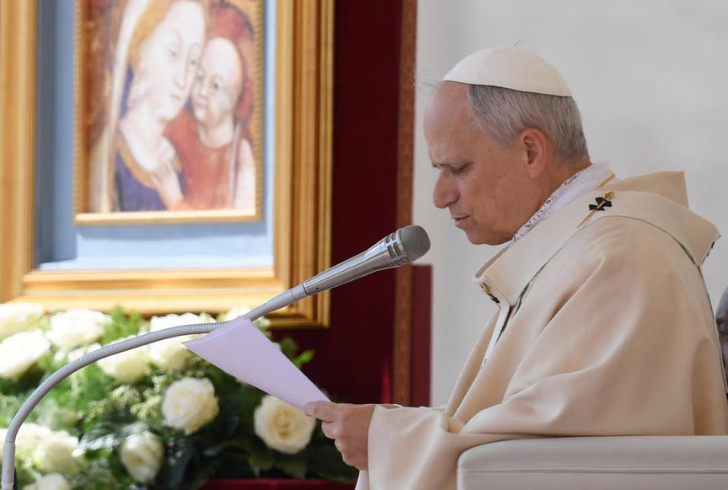
Instagram | @pontifex | Pope Leo XIV's first diplomatic address solidified his stance on family, life, and dignity.
Peace That Doesn't Begin With Armistice
You’d think a pope opening with a call for peace would lean on soft language. Not Leo. His definition of peace has less to do with ceasefires and more to do with restraint—restraint in language, in arms production, in how power is wielded when no one’s watching.
“Words too, not only weapons, can wound and even kill,” he said, a line that would’ve read as a platitude if it weren’t so obviously aimed at the current climate of disinformation, political incitement, and diplomatic gaslighting.
There was also a not-so-subtle nudge to the world's arms dealers: investing in missiles while ignoring malnutrition doesn’t pass Leo’s version of a moral audit. He wasn't posturing as a spiritual mediator. He was drawing a dotted line between ethics and policy, daring diplomats to connect it.
The Dignity Clause
The section on abortion and euthanasia wasn’t performative. Leo made it plain that the Church’s position wasn’t up for rebranding. But what made his comments harder to dismiss was their framing: dignity as a social ecology, not just a slogan.
He didn’t isolate the unborn as a standalone category. He folded them into a larger moral umbrella that includes the elderly, the displaced, the unemployed, and the terminally ill. That’s strategic. By casting dignity as something that applies just as much to a Syrian refugee as to a fetus, Leo tried to reframe the Church’s pro-life stance as anti-disposability, not anti-choice.
When Diplomacy Isn’t Just Code for Silence
Diplomacy under Leo XIV is not going to be backroom-only. If you were expecting him to talk softly in multilateral circles, his tone was a recalibration. He described diplomacy as a moral undertaking—less about allegiance and more about conscience.
He gestured toward interfaith dialogue not as a side hobby of modern Catholicism but as a lever for building trust where political systems have collapsed. His time in Africa, Southeast Asia, and Latin America wasn’t window dressing; it sharpened his sensitivity to how global diplomacy feels on the ground, not just at the summit table.
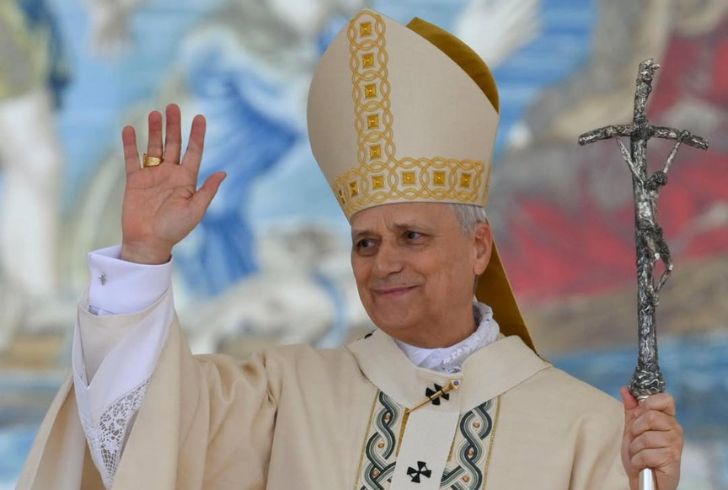
Instagrm | @pontifex | For Pope Leo XIV, human dignity was a moral compass, not a slogan, guiding societies to uplift the vulnerable.
Shadows of the Previous Pontificate
Francis cast a long shadow over Leo’s early steps, especially in the realm of inclusion. Leo didn’t copy that style, but he didn’t reject it outright either. His past criticisms of LGBTQ+ visibility, especially his remark about the "homosexual lifestyle" a decade ago, resurfaced quickly.
What’s changed since then? Possibly more than people think. His later comment that “exclusion based on lifestyle alone has no place in the Church” wasn’t just a PR pivot—it acknowledged the limits of a purely doctrinal lens in a fractured world. He’s threading a difficult needle: defending traditional moral categories without slamming the door on those who fall outside them.
A Reckoning
By the end of the address, one thing was clear: Leo XIV is not tinkering at the edges. His vision of Church leadership involves intellectual rigor, moral clarity, and a willingness to alienate both sides of the aisle. For progressives hoping for another Francis, his rhetoric landed like a gust of cold air. For conservatives nostalgic for John Paul II’s moral absolutism, Leo’s tone is likely reassuring—but his diplomatic openness may complicate that comfort.
This is not a papacy hedging its bets. It’s one stepping onto the global stage with its collar unbuttoned, aware of the complexity, but uninterested in moral relativism. If this first speech is the tone-setter, expect a Church that speaks plainly, thinks deeply, and won’t shut up just because the room gets uncomfortable.


